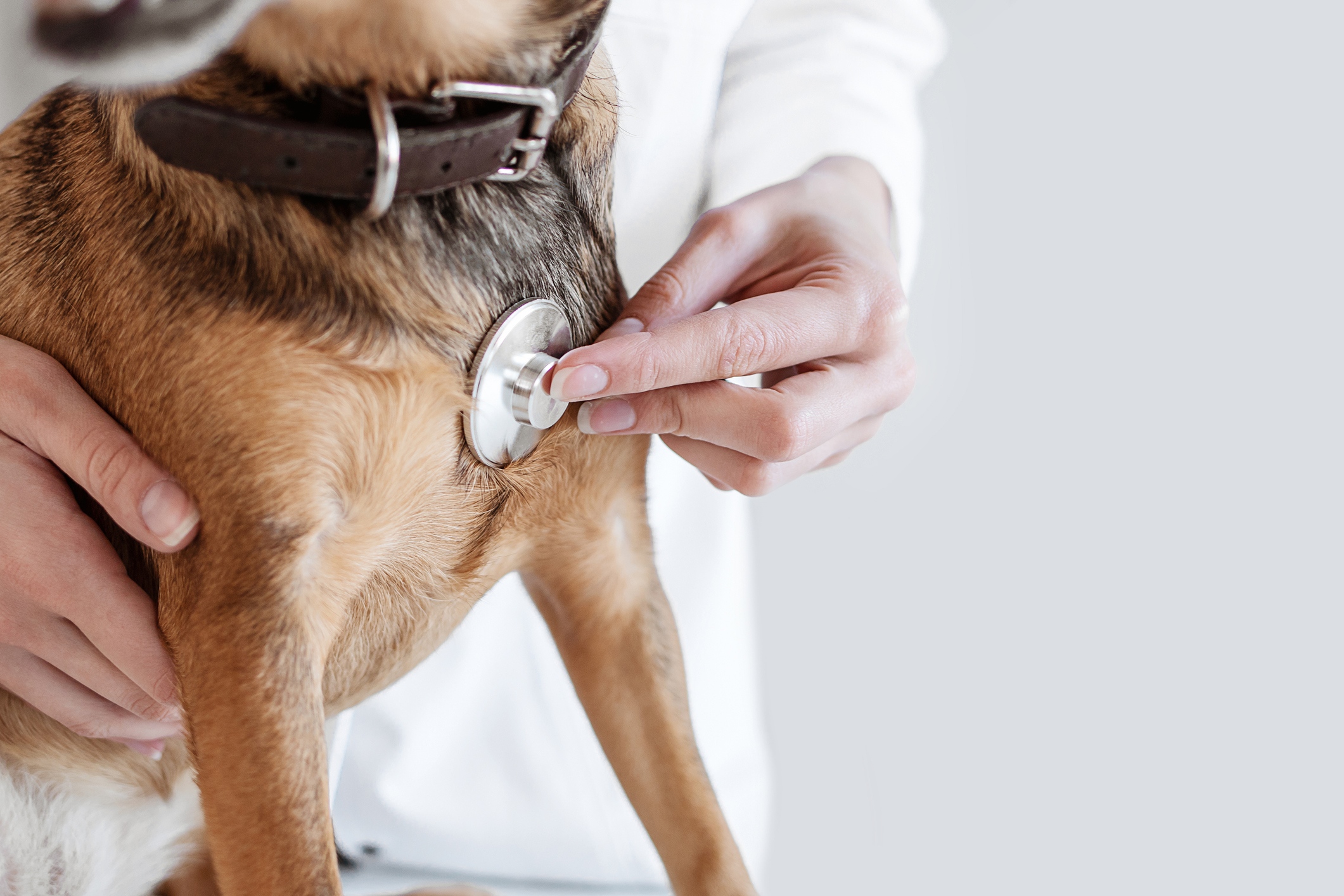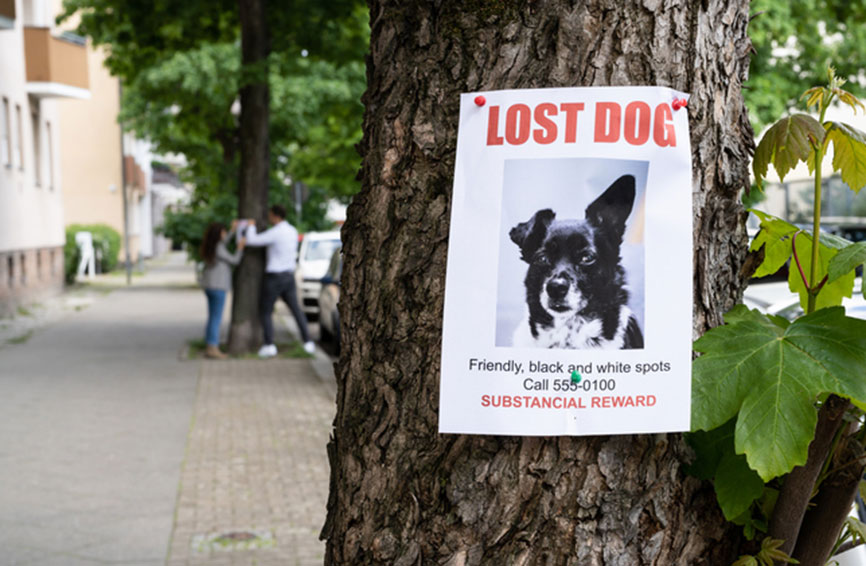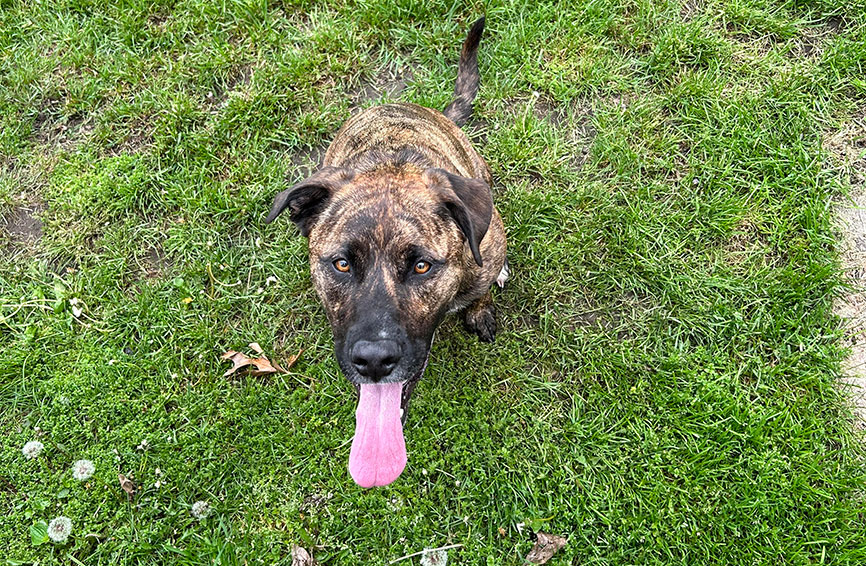Table of Contents
In late summer 2023, reports started surfacing of a mystery dog illness that caused lingering respiratory signs and didn’t respond well to treatment. Understandably, dog parents are worried about this new illness and what it might mean for their dogs.
Although many unknowns remain about this illness, we’re here to provide you with the latest information and help you learn how to protect your dog from becoming infected with this mystery disease.
Illness Origins
The mystery dog illness is commonly called atypical canine infectious respiratory disease complex (aCIRDC). Experts believe that the outbreak of aCIRDC began in Oregon in August 2023. Veterinarians in Oregon started reporting cases of dogs with respiratory symptoms that were not responding well to antibiotic treatments typically used to treat bacterial canine respiratory diseases.
Cases of aCIRDC have been reported across several states in addition to Oregon, including Colorado, New Hampshire, and California. However, the exact number of reported cases is unknown because states have varying requirements for veterinarians to report the illness to state animal health departments.
What Is Causing the Mystery Dog Illness?
Atypical CIRDC resembles kennel cough, a highly contagious canine respiratory disease caused by several pathogens, including the bacterium Bordetella bronchiseptica, canine parainfluenza virus, and canine adenovirus type 2.
However, samples taken from dogs infected with aCIRDC have not shown the pathogens that cause kennel cough. Also, sick dogs may have already stopped shedding the pathogen by the time they’re tested; in other words, there’s too little of the pathogen in the dog’s system to be detected by a diagnostic test.
At the University of New Hampshire, the New Hampshire Veterinary Diagnostic Laboratory and Hubbard Center for Genome Studies have identified an unfamiliar bacterium in samples taken from infected dogs. Researchers do not know, though, if this bacterium is the culprit behind aCIRDC.
Experts have suggested that multiple pathogens, even familiar pathogens in a new combination, could be causing aCIRDC. More research is needed to determine what’s causing this new disease.
How Is the Mystery Illness Spread?
Like other canine respiratory diseases, aCIRDC is spread through respiratory droplets when an infected dog coughs or sneezes. These droplets can land on objects like toys or food bowls. A dog that is exposed to these droplets could become infected.
Why Is The Mystery Dog Illness Popping Up Now?
Disease outbreaks are always concerning. But veterinary experts note that disease outbreaks aren’t unusual in human health. For example, a human flu outbreak can occur in isolated areas when the strain of the flu virus changes or becomes more virulent (more likely to cause severe disease).
The recent COVID-19 pandemic could play a role in aCIRDC being reported now.
During the pandemic, an unprecedented number of dogs were adopted. At the same time, though, veterinary visits and vaccinations decreased. Subsequently, many dogs fell behind on their vaccinations, leaving them at higher risk of illness.
Also, during the pandemic, more people began working from home, limiting their time around others, and canceling their travel plans. Because of this, dogs primarily stayed at home all day.
Now that people are transitioning back to office work and traveling, dogs staying at home all day may now go to doggy daycares and stay in overnight kennels. Doggy daycares and boarding kennels can be breeding grounds for disease because so many dogs are in one place at a time. Dogs not up-to-date on their vaccinations are at especially high risk of becoming ill after being in doggy care or a boarding kennel.
What Are the Symptoms of the Mystery Dog Illness?
The symptoms of aCIRDC resemble those of other respiratory diseases in dogs, making it difficult to know whether a sick dog has a known respiratory disease or aCIRDC.
Here are the symptoms to look for:
- Fever
- Fatigue
- Sneezing
- Reduced appetite
- Difficulty breathing
- Eye or nasal discharge
- Mild, persistent cough
Rarely, dogs with aCIRDC develop a rapid, fatal form of pneumonia.
Should I Take My Dog To the Vet?
Take your dog to your veterinarian if your dog is showing any of the respiratory symptoms listed above, especially if your dog’s symptoms have been lingering for several weeks.
Unfortunately, antibiotics used to treat kennel cough have not been effective against aCIRDC. Veterinarians recommend rest and time for dogs with this new disease. Although this treatment recommendation does not sound reassuring, veterinarians cannot recommend more definitive treatment until more is known about what’s causing aCIRDC.
How Do I Protect My Dog From the Mystery Dog Illness?
The strategies to protect your dog against aCIRDC are the same as for other canine respiratory diseases:
- Keep your dog’s vaccinations up-to-date. Being up-to-date on vaccinations is critical to keeping your dog healthy and protected from severe illness. Your dog should be up-to-date on the core (required) DAPP combination vaccine, which protects against distemper, adenovirus, parainfluenza, and parvovirus. Your veterinarian may also recommend that your dog receive the Bordetella and canine influenza vaccines, which are non-core.
- Limit exposure to other dogs. Minimize your dog’s interaction with dogs in crowded places like dog parks, doggy daycares, and kennels.
- Hire a dog sitter. If you plan to travel, consider hiring a dog sitter rather than boarding your dog. Doing so will keep your dog at home and away from a crowded kennel where diseases easily spread.
- Isolate sick dogs. If you have more than one dog and one is ill, keep the sick dog separate from your other dogs until they recover and are no longer contagious.
Bringing It Together
Although this new mystery dog illness is concerning, veterinarians advise dog parents not to panic. Monitor your dog’s health and schedule an appointment with your vet if your dog is showing any signs of respiratory illness.








